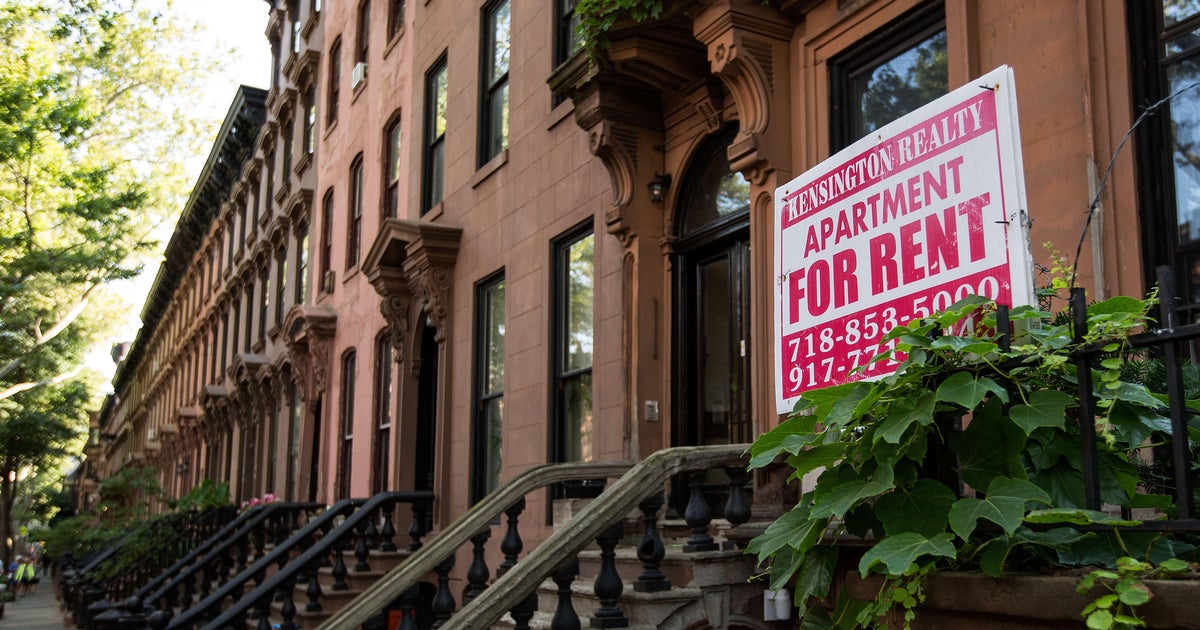New York City Law Eliminating Tenant-Paid Renter Broker Fees Takes Effect

New York City's new broker fee law, the Fairness in Apartment Rental Expenses (FARE) Act, officially took effect on Wednesday, fundamentally altering the financial landscape for renters and landlords. This significant legislation shifts the responsibility of paying brokers hired by landlords directly to the landlords themselves, ending a long-standing practice where tenants bore this cost.
For many years, apartment hunters in New York City, where approximately 70% of residents are renters, faced the substantial burden of broker fees. These fees, often equivalent to 12-15% of the annual rent or one full month's rent, were a common prerequisite for signing a lease, even when the broker was working on behalf of the landlord. This practice contributed thousands of dollars to the already high up-front costs of moving, which typically include the first month's rent, a security deposit, and application fees. New York was one of the last major cities in the United States where passing such fees onto renters was permissible, and these fees were not capped under previous law.
The FARE Act was passed by the New York City Council in November with a veto-proof majority and subsequently became law in December after Mayor Eric Adams declined to sign the bill. The central principle of the FARE Act is that the party engaging the broker's services is liable for their payment. As a result, brokers who represent landlords are now prohibited from charging broker fees to tenants. However, the law still allows tenants to hire and compensate their own brokers if they choose to seek personalized assistance in their apartment search.
Proponents of the FARE Act, including City Councilmember Chi Ossé, who sponsored the bill, champion it as a vital measure for increasing housing affordability in the city. Ossé questioned the fairness of the previous system, asking, "What other industry does that exist where someone else orders something, and then someone else has to pay for it?" The law is anticipated to dramatically lower the initial financial hurdle for individuals and families seeking rental housing.
Conversely, the real estate industry has expressed notable apprehension. The Real Estate Board of New York (REBNY) and numerous brokers have cautioned that the cost of broker fees will likely be indirectly transferred to tenants through higher monthly rents. "The landlord is going to have to pay us in some way," remarked broker Janna Raskopf, predicting that the expense would simply be "baked into the rent." Landlords are also concerned about potential impacts on their already thin profit margins in a competitive market.
The implementation of the FARE Act moved forward after a judge denied a legal challenge from a real estate trade group aiming to block the law's enactment. Regarding enforcement, the Department of Consumer and Worker Protection (DCWP) has proposed fines of up to $2,000 for repeated violations of the law. Additionally, violators could face a potential state-level fine of up to $2,000. Tenants can report violations via a complaint to the DCWP.
The potential financial relief for renters is significant. For example, on an apartment with a median monthly rent of $3,850, a 15% broker fee could have cost a renter an additional $6,930. StreetEasy, the Zillow-owned New York listings platform, estimates that the FARE Act could reduce the up-front costs of renting apartments that previously carried such fees by more than 40% on average. This could see typical move-in costs drop from nearly $13,000 to approximately $7,537. Real estate agent Christian Emanuel commented, "I think that's really significant for people. You’re already lopping off all of this money that has to come out of people’s pockets up front."
The FARE Act's introduction coincides with the beginning of New York City's peak leasing season. Micky Lalchandani, managing broker of Undivided Real Estate, suggested that "the days of paying high fees are going to be over." He also speculated that the new regulatory environment "may also open up avenues for different business models" within the real estate sector. Beyond the direct financial implications, the FARE Act aims to enhance transparency surrounding rental costs in one of the nation's most challenging and expensive housing markets.











